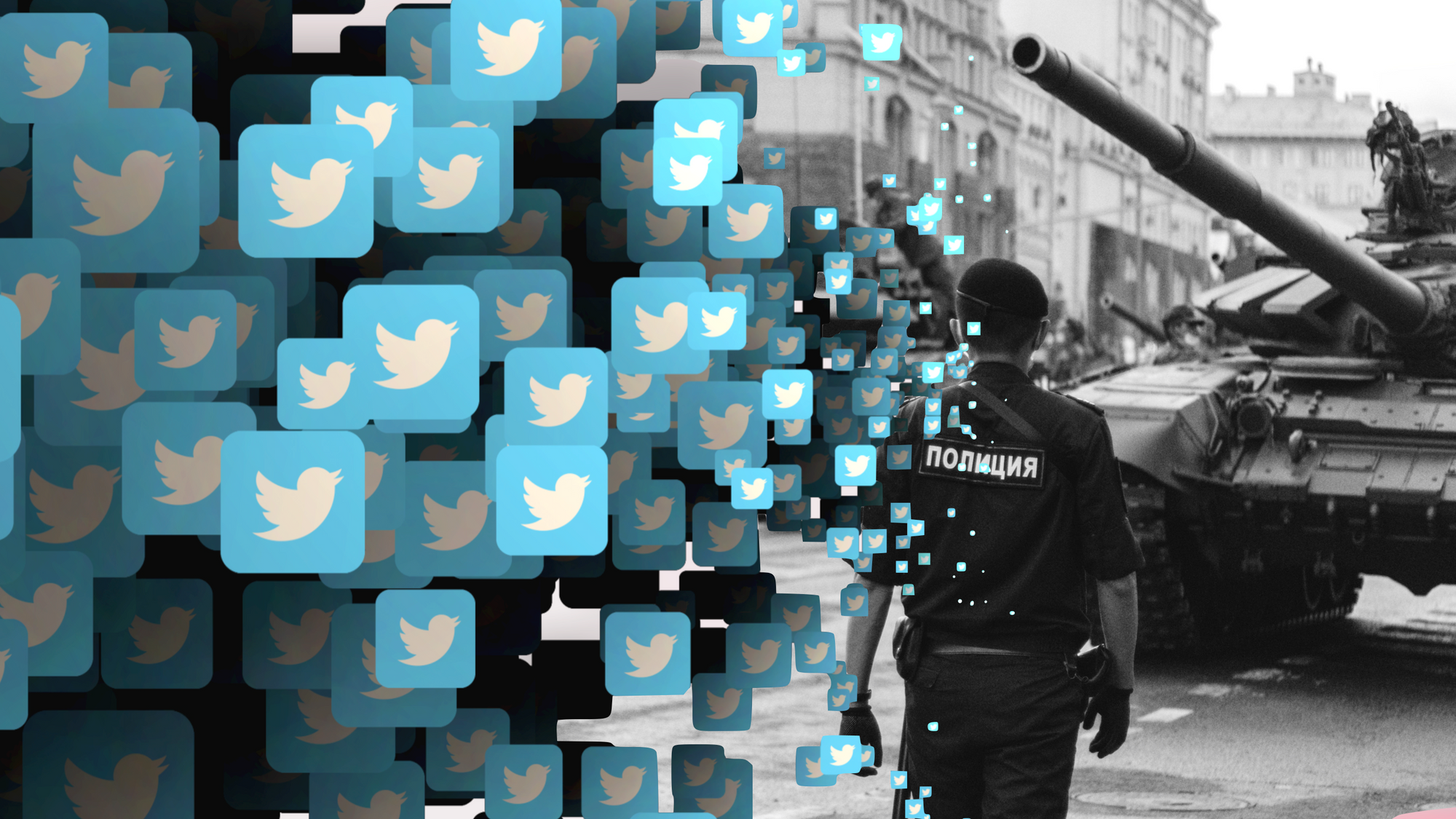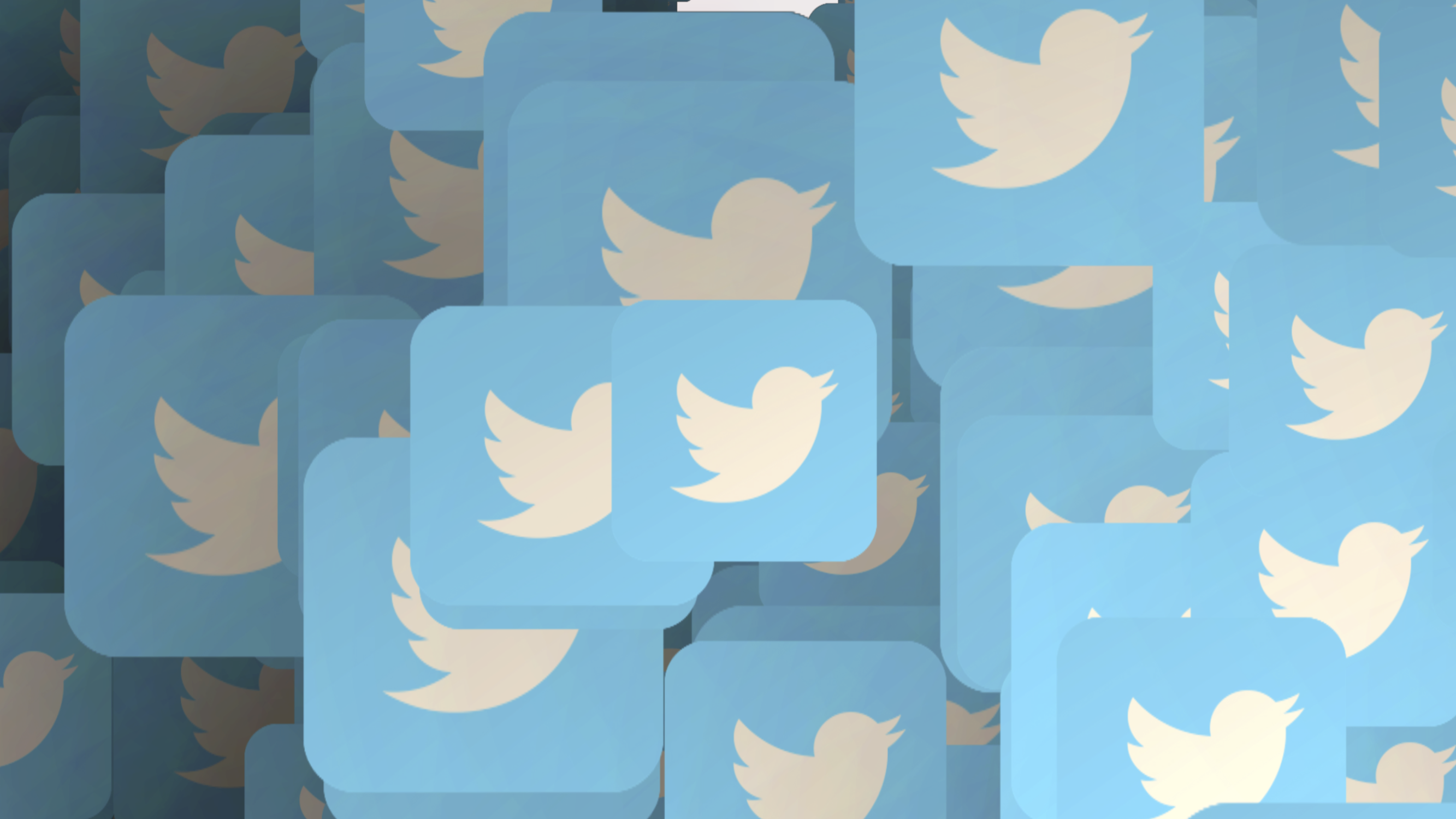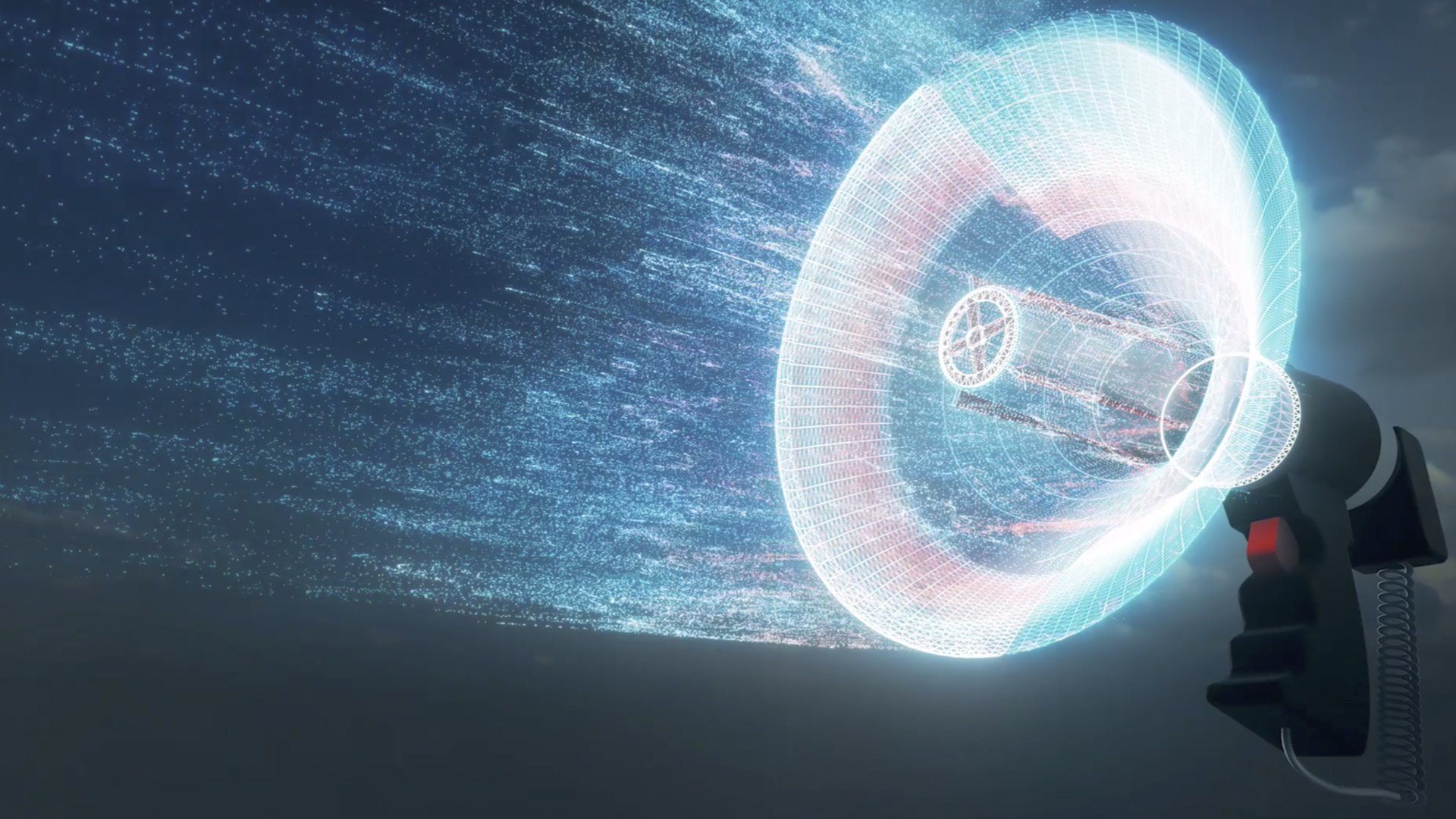The hypothesis that Covid-19 originated in a Chinese laboratory gained mainstream credibility over the past few weeks, prompting introspection—and criticism—about American journalism’s role in downplaying or dismissing this possibility. New York magazine’s Jonathan Chait argued that “a major source of that failure was groupthink cultivated on Twitter,” which he rightly observed is “the milieu in which the opinions of elite reporters take shape.” Yet the observation raises a bigger question, with implications far beyond coronavirus coverage: How has the 15-year-old social-media platform come to influence what’s reported as news?
Yair Rosenberg, a senior writer at Tablet magazine, believes the lab-leak theory is only the latest example of how Twitter consensus leads journalism astray. He acknowledges that the news industry benefits from Twitter’s virtues—giving a platform to new voices, uncovering new stories, and delivering immediate information from all over the world. But, Rosenberg says, Twitter also exacerbates journalists’ human inclination to conform under social pressure and weigh in on subjects they know nothing about. “Twitter is the consensus,” he says. “It influences what you think and what you feel you can and can’t say. It becomes this mass socialization mechanism for journalists. That’s how you end up with all sorts of ill effects and big misses.”
Graham Vyse: How should we understand the dynamics of journalists on Twitter?
Yair Rosenberg: As many have pointed out, Twitter enables people who previously couldn’t be heard to be heard. Someone like me, writing for a Jewish publication, has vastly wider readership as a result of Twitter. I criticize Twitter and what it does to journalism, but my career wouldn’t be the same without it, and that’s true for a lot of people from marginalized communities. They’re able to show they know what they’re talking about and have real contributions to make to the public conversation. They don’t have to go through all of the gatekeeping. That’s part of what the optimistic narrative of the internet was always about.
What we’ve seen over the past four years or so, coinciding with the Trump administration, is a greater recognition of social media’s negative effects. I often see Twitter, not creating problems but intensifying preexisting human tendencies. It’s not that Twitter created the tendency to forge a false consensus based on social pressures among elites, for example. It’s just that Twitter made it a lot easier to do it, enforce it, and raise the cost for dissenting from the popular consensus on a given issue.
Twitter enables certain events to be followed more closely and granularly, but also much less accurately. When you’re getting a firehose of information from a mass shooting or war zone—and there isn’t a journalist or anybody professional vetting the information, contextualizing it, and figuring out what’s authentic and what’s being misrepresented and propagandized—you can be misinformed while thinking you’re more informed.

Vyse: You refer to “forging a false consensus” and say that Twitter incentivizes groupthink among journalists. What does that look like?
Rosenberg: This is a great example of social media intensifying a preexisting problem. It’s well understood by media critics like Jack Shafer and Ben Smith that journalists are social creatures who exist at journalistic outlets and in journalistic communities where they’re influenced by their peers and the prevailing narratives. If you’re writing about a particular topic in your newspaper, you have to write in such a way that your editor will like, publish, and hopefully promote you. This incentivizes covering issues in the exact same way as the last people who did it. Similarly, if all the journalists at cocktail parties in Washington, D.C., are talking about issues in a particular way, there are particular grooves in which conversation will go.
But your ability to see things sometimes comes from distance. I’ve looked back on some of the bigger misses in my political prognostication on, say, Israeli politics, and almost always they were because I was too plugged in to what journalists were saying.
Those dynamics all predated Twitter. You could, in theory, disconnect yourself— geographically and otherwise—from the consensus in the past, but now everybody is on Twitter, and Twitter is the consensus. It influences what you think and what you feel you can and can’t say. It becomes this mass socialization mechanism for journalists. That’s how you end up with all sorts of ill effects and big misses.
Journalists are social creatures who exist at journalistic outlets and in journalistic communities where they’re influenced by their peers and the prevailing narratives.
A good example is the idea that Trump couldn’t win in 2016. If you looked at the polls, it sure looked like Trump could win all the way through, but we believed he was somehow going to collapse. No one could explain how, but we all just knew it. Even though I could intellectually think through all of the reasons he could win, I didn’t internalize it, because all of my peers didn’t really believe it. I’d been socialized not to believe it. That was a wakeup call for me. That was a shattering moment. Some people learned from it and some people didn’t.
In 2020, some people mistook Twitter enthusiasm—the fact that certain people could get “President Bernie Sanders” trending—while polls showed Biden winning in various important states. I decided I needed to start looking at other indicators of the national mood, including polls, and doing reporting in places that were representative statistically. That led me to conclude Biden was a very strong candidate with a very good chance of winning the primary and also the general election. This was a weird, countercultural view for some reason, because people didn’t really internalize the lesson of 2016 that what Twitter is saying isn’t actually how the world is working.

Twitter isn’t very good a self-reflection. Twitter doesn’t ever take a step back, because it’s so immediate and instantaneous—always churning and changing—and no one ever has a moment to ask what we got right, what we got wrong, and why. There’s never a conversation about how Twitter was super anti-people buying masks and then super pro-people buying masks. Twitter said “coronavirus isn’t as bad as the flu”—that was in respectable, liberal publications—and then “coronavirus is actually worse than the flu.” There were really smart people saying things unsupported by data because they were conforming to certain ideological pressures on social media.
Vyse: Journalists were doing that?
Rosenberg: Journalists and also people whose job was to deal with public health. Many did tremendous work to fight the coronavirus when it arrived. They got with it. But the point is there was a week or two when it was seen as racist fear-mongering to talk about the coronavirus coming to our shores. It got coded for a time as a conservative, almost crank-libertarian thing to be afraid of. I’m glad the consensus moved to the correct position, but there ought to be a lot more reflection on why we keep getting things wrong in the first place so we’ll get them less wrong in the future. I say this as someone who’s a Twitter junkie and probably still makes many of these mistakes.
Twitter is a mechanism for financial security. If you build a following on Twitter, you might leave your publication, but you can bring some of your readership with you elsewhere.
Another example of false consensus comes from my own area of expertise: on Twitter, Jews who are anti-Zionist—by which I mean Jews who are critical of Israel’s existence, not Jews who are critical of its policies—are vastly overrepresented compared to their numbers in the real world Jewish community and the data we see in surveys. So if you are a well-meaning non-Jew attempting to understand what Jews think about Israel, and why they might think it’s important, you will be largely misled if you get most of your information from Twitter.
Vyse: Bari Weiss, the former editor in the opinion section at The New York Times, says she once proposed an experiment where no employee of the paper was allowed to use Twitter for six months. Would that be practical?
Rosenberg: It’s a worthwhile thought experiment. I think there are good reasons why that doesn’t happen. If you leave but other people don’t leave, you’re ceding a competitive advantage and hurting your ability to get your message out. There would have to be a coordinated ceasefire.
I do think there’s something to be said for publication saying they don’t want their reporters to tweet without every tweet going through editorial oversight just like what’s published in print. A lot of us writers benefit from having that extra set of eyes.
Vyse: Part of the dynamic here seems to be about the idea of journalists as individuals—with individual brands and followings on social media—versus the idea of journalists embedded in institutions.

Rosenberg: It’s one good reason journalists would be upset if you told them they couldn’t tweet. Twitter is a mechanism for financial security. If you build a following on Twitter, you might leave your publication, but you can bring some of your readership with you elsewhere. It’s hard to tell a writer they can’t or shouldn’t do that.
One thing I worry about as a journalist is that there are things I report on that are extremely important, that I want people to pay attention to, and that I know something about. But Twitter encourages us to comment on everything going on, whether or not we know anything about it. The real issue isn’t journalists tweeting about their areas of expertise but rather journalists tweeting about things they’re not experts about. If you get exposed for not knowing what you’re talking about, that inevitably is used to discredit good work you’ve done.
Vyse: What encourages this impulse to comment on everything?
Rosenberg: If everyone around you is talking about something, then you’ll opine. If that’s happening at a party, it’s not as big a deal, but if it’s on a public platform you end up risking discrediting other things you might say.
Twitter is the public editor of a lot of conservative publications. It’s just that it used to be Trump’s Twitter feed that was the public editor. A lot of publications are now very responsive to particular social-media audiences in ways that are not necessarily reflective of what the general public is looking for.
Vyse: When Bari Weiss resigned from the Times, she wrote in her resignation later, “Twitter is not on the masthead of The New York Times. But Twitter has become its ultimate editor. As the ethics and mores of that platform have become those of the paper, the paper itself has increasingly become a kind of performance space. Stories are chosen and told in a way to satisfy the narrowest of audiences, rather than to allow a curious public to read about the world and then draw their own conclusions.”
What did you think of that?
Rosenberg: The challenge of talking about an institution like the Times is sort of like talking about an institution like the United Nations. It’s gargantuan. You can’t reduce it to one thing. Bari Weiss is getting at something real, which isn’t just true of the Times. Twitter is the public editor of a lot of conservative publications. It’s just that it used to be Trump’s Twitter feed that was the public editor. A lot of publications are now very responsive to particular social-media audiences in ways that are not necessarily reflective of what the general public is looking for.
That said, there’s still a wide diversity of views being debated and discussed at the Times. I could name so many reporters there whose work I respect tremendously. At the Times and many other publications, you can often see the influence of social media shaping how a story gets told—or which stories get told. Sometimes that’s good. Sometimes social media brings up a story that needs to get told, but sometimes it’s misleading as to what reality is.

Vyse: How does Twitter shape fact-gathering in journalism? How does that play out in the middle of a war or an episode like the Israel-Gaza conflict that just took place?
Rosenberg: I’m actually kind of scared of what a real full-scale war would look like on social media. There would be a tremendous amount of a fear mainlined to a lot of people without any sort of context and a lot of jingoism, anger, and rage.
Something that hasn’t been explored sufficiently is the way social media made the impact of the latest Israel-Gaza conflict worse for Israelis and Palestinians on the ground who weren’t affected directly by violence. Most people didn’t die, but most people were heavily traumatized. This usually happens, but now we have social media, so all those videos are circulating. You may not have had to experience violence to be traumatized by it. If some racist Arabs burn a synagogue and a video circulates of that—and, by the way, you don’t get video circulating of Arab neighbors who went and put out the fire—that then incites Israeli racists who share the video to increase racism and then go commit their own acts of mob violence. These videos, and the fact that they can now spread instantaneously, can vastly inflame ethnic conflict.
There are so many amazing people with incredible life experiences who aren’t good at Twitter—or even on Twitter at all. You meet African-American veterans of World War II, for example, with extraordinary stories about America. Those aren’t stories you’re really going to hear in the same way on social media.
A lot of the solution lies in training people to use social media in an intelligent way. Maybe you have to be teach kids in schools. All of us were socialized into social media with nobody training us. We’re just this giant experiment nobody signed up for, but it doesn’t have to be that way.
Vyse: Viral video also relates directly to Twitter’s influence on the news industry. Journalists often feel compelled to write about a video going viral.
Rosenberg: I want to be clear: I’ve done this.
Vyse: Most of us have.
Rosenberg: But is it actually news? Or is it just the internet writing about itself because it gets clicks? A tremendous amount of unvetted, misleading, and propagandized content goes viral and then leads news organizations around by the nose. It just makes our jobs as journalists a lot harder. It was easier to be a journalist 20 years ago. You used to have much more lead time and space to investigate, expose errors, and fix problems. Now you have to vet information much faster with much less of a cushion. It leads to many more errors.
Vyse: What role does Twitter play in professional networking in the journalism business and in editors assigning or commissioning pieces?

It’s why I got on Twitter. As I said, it’s been good for my career. I do worry that a lot gets assigned based on who’s good at Twitter. There are so many amazing people with incredible life experiences who aren’t good at Twitter—or even on Twitter at all. You meet African-American veterans of World War II, for example, with extraordinary stories about America. Those aren’t stories you’re really going to hear in the same way on social media. Twitter skews young. It skews toward people who are good at speaking Twitter’s language.
Vyse: What does it mean to be “good at Twitter” or “speak Twitter’s language”?
Rosenberg: How do you write something that gets tons of retweets? There are different ways. You could be very funny. You could have an extreme opinion. There’s a race to the most extreme opinion on Twitter, because how else are you going to get attention? It’s the person with the crazy [thing to say] who gets attention, because they’ll get retweeted by other people who are just as passionate and then they’ll get hate-retweeted and responded to by all the people ticked off by their extreme opinion. There are also people who are good at Twitter with important things to say.
Vyse: But it’s fair to say, in general, that Twitter doesn’t reward nuance, complexity, and moderation?
Rosenberg: Twitter is structurally resistant to nuance and complex thinking, because it only allows you to say something in 280 characters. Of course you can add another tweet to your thread, but someone might not see that one. Because tweets are designed to be pithy, it’s hard to fit in competing ideas and wresting with them. It’s not just true of Twitter. You don’t have much opportunity to do it in an Instagram caption or on TikTok either. It can be done, but you’re fighting the platform itself to do it. I always say there’s a reason that someone like Donald Trump, who never had a complex thought in his entire life, loved Twitter so much.
Twitter is structurally resistant to nuance and complex thinking, because it only allows you to say something in 280 characters.
Vyse: But you’re saying that this online platform where so much elite conversation about politics and journalism is taking place—which probably shapes journalism coverage more than any other platform—is “structurally resistant to nuance and complex thinking”?
Rosenberg: It was necessary for all those elites to be plugged into Twitter 24-7 for the four years from 2016 to 2020. The person governing their country—the most powerful person in the world—was plugged into Twitter. That required us to be there and pay attention to everything he said. Now that he’s not there anymore, people need to consider whether we should unplug. We can start thinking about whether this is the place we want to have our public civil discourse and highest-level discussions.
We’re really having a conversation about linguistics. The core insight of linguistics as a field is that the way language is constructed—the way people talk and express themselves—affects how they perceive and think about themselves. Twitter is an idiom. It’s a way of talking, with specific rules and limits like any other language. It affects our self-perception and how we live our lives and shape our society, but no one has really deconstructed it.

